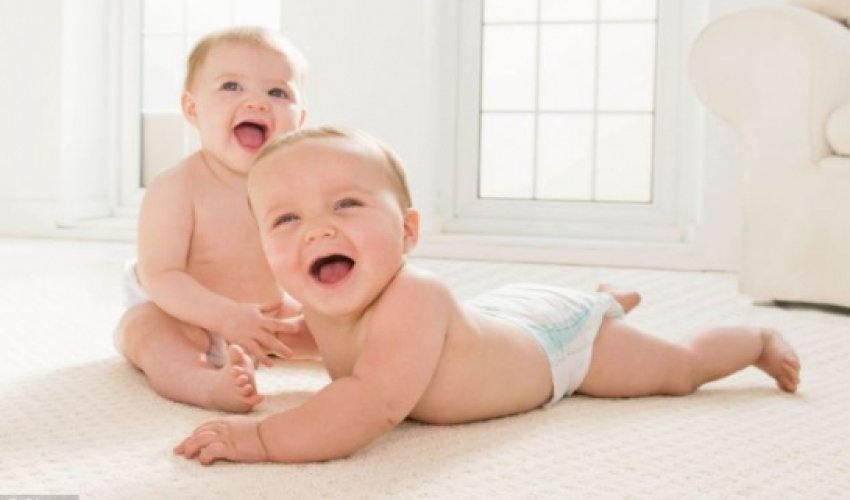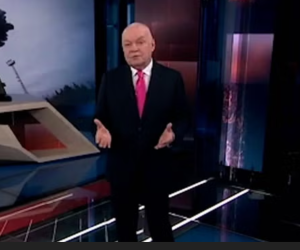Why DO babies laugh?

What most of us probably haven’t done is stopped to think about why babies laugh at these things.Step forward Dr Caspar Addyman, a Research Fellow at London Birkbeck University’s Centre for Brain and Cognitive Development — or the BabyLab as it has been dubbed. He is overseeing one of the biggest studies into what makes babies laugh, and why.‘Understanding babies also helps us understand adults,’ he says. ‘Babies are little scientists. They are discovering the world and through them we can discover a great deal, too.’So passionate is he that Dr Addyman — a banker turned psychologist who doesn’t have any children — is funding the research himself. He’s created a detailed questionnaire for parents, as well as asking them to send in videos and short reports of what makes their babies laugh.So far, 1,400 parents from 25 countries have answered questions ranging from whether their baby was more likely to laugh at a particular time of day to which toys and nursery rhymes they found funniest.‘We also asked whether they found Mummy or Daddy funniest and what the baby’s general temperament was. We are also working on a separate questionnaire to work out whether there is a correlation between laughing babies and a calmer temperament,’ Dr Addyman told the Mail.‘The big surprise has been that, contrary to general perception, laughter is present from a very early age,’ he says. 'Ninety per cent of babies have smiled in the first two months and laughed just a few weeks after that, while we have had reports from parents that their baby has laughed unambiguously at just a few weeks old.‘Equally, a small number reported their baby didn’t laugh at all for the first 12 months. This suggests babies have a range of temperaments that are present from early on.’ Happily, mums and dads appear to score equally when it comes to making a baby chortle. However, it’s the boys who seem to have the biggest sense of humour, with parents reporting their sons laughed nearly 50 times a day in contrast to a mere 37 for daughters.‘This could be reinforced by the behaviour of parents,’ says Dr Addyman. ‘If you think your boy baby is laughing more, you may try to make them laugh more.’As the mother of a perennially giggly ten-month-old girl, I don’t agree with the gender divide theory. Connie started to chuckle at five months, and laughs at anything from the light being turned on to us being stuck in a traffic jam.Dr Addyman isn’t surprised in the least. ‘Laughter is foremost a social thing. You laugh in company,’ he says. 'One of the clearest bits of evidence we’ve found is that it is not necessarily what you are doing, but the fact you are present with your baby that’s important — that is why they are happy.‘The interesting thing, too, is that most parents play games instinctively because babies have an amazing way of getting adults to do stupid things that benefit everyone. 'It makes them laugh, but it is a bonding experience, too, which is really important.’Moreover, in the first year, smiles and tears are a baby’s only way of communicating. ‘Crying is a signal they want something to change, while smiling or laughter is the opposite — it says keep doing what you’re doing.’The parents of three-week-old Cosmo sent the BabyLab a series of pictures clearly showing him laughing as they tickled him, challenging the idea that babies don’t laugh until they are older. ‘The first way to get babies to laugh is through touch,’ says Dr Addyman. ‘Tickling has deep evolutionary roots that come from being a mammal. It’s partly related to grooming, a vital function that is also pleasurable.’ And as grown-ups know, tickling stimulates different nerve endings, which we normally react to with laughter. Less surprising was that the laughter was linked to parental touch. ‘A professor once said the first joke humans ever make is going to tickle your baby then waiting, never quite getting to the point of tickling. It’s true — it doesn’t take long for a baby to respond to the anticipation of being tickled as much as the act itself.’(dailymail.co.uk)ANN.Az




































 Photo
Photo 



 Video
Video 

